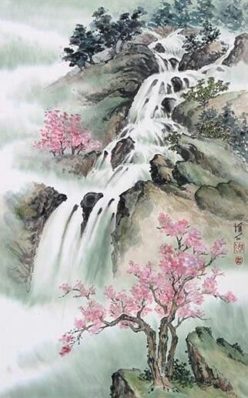
The late Albert O. Hirschman, one of the last century’s more interesting organizational theorists, argued that when members of a particular organization, whether a business, a club, or a country, become unhappy with their position, they have three possible responses. They may quit or leave; they may demand that they be more frequently and meaningfully consulted on how the organization is governed; or they may feel sufficient emotional or rational attachment to the organization itself (for example, a sense of patriotism toward one’s country) that they will (to a degree) put up with the disadvantages. “As a rule, . . . loyalty holds exit at bay and activates voice” (Exit, Voice, and Loyalty: Responses to Decline in Firms, Organizations, and States (Cambridge: Harvard University Press, 1970). Hirschman’s model or theory seems to provide a useful way to examine the continuing demonstrations, peaceful at first but increasingly violent, that wracked Hong Kong for much of 2019.

1915-2012
The demonstrations were set off when the government of Hong Kong proposed to pass an Extradition Law which would allow the extradition of persons accused of crime to countries or territories where there currently were no specific extradition treaties. These included (specifically per the 1997 agreement on retrocession) mainland China. Under the proposed law the People’s Republic could seize Hong Kong residents who may possibly have violated Chinese law, but not the laws of Hong Kong (or any other country), to be tried (if at all) by Chinese courts. Sometime earlier, China, in the absence of an extradition law, had apparently kidnapped a couple of Hong Kong bookstore owners who had published works purporting to give the inside dope on various scandals among the Chinese elite, taking them to the mainland. The extradition law would make the process more routine. Although the law was proposed by the Hong Kong authorities themselves, not the Central government, the suspicion was that China had actually demanded such a law, or that the Hong Kong people had proposed it in anticipation of such a demand from the Center.
